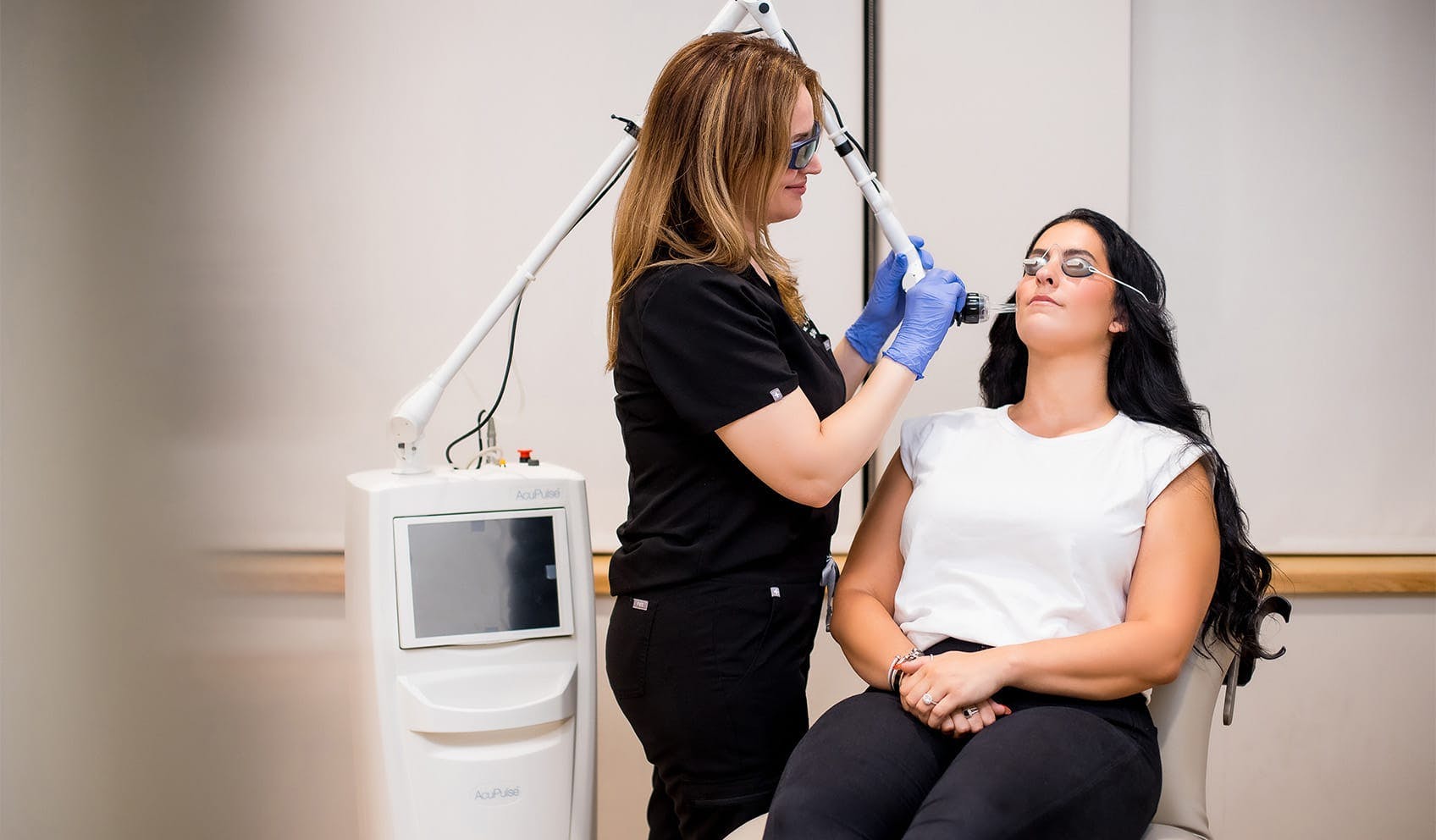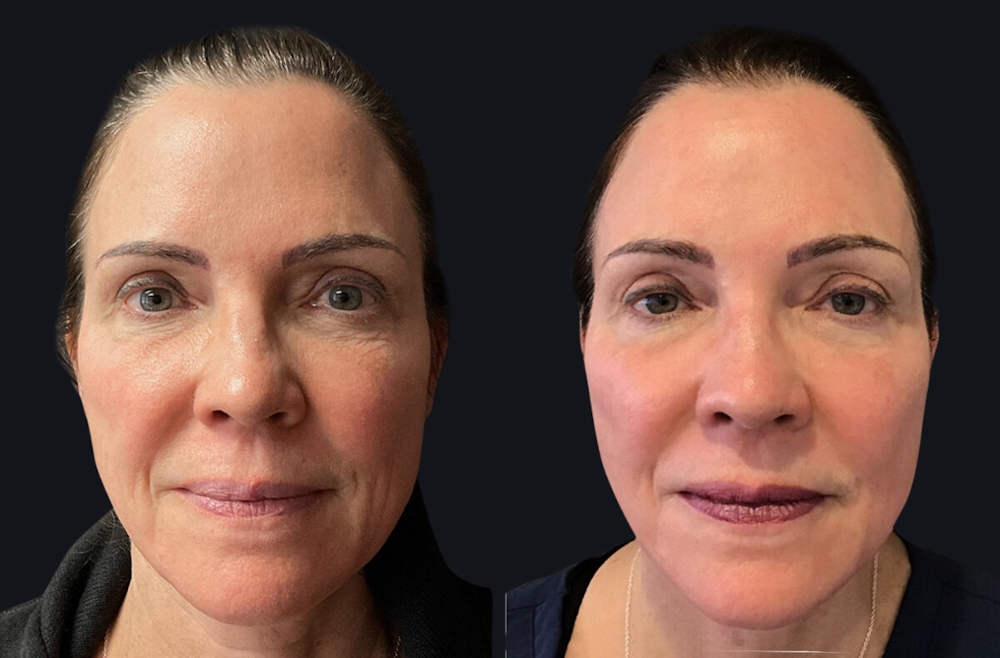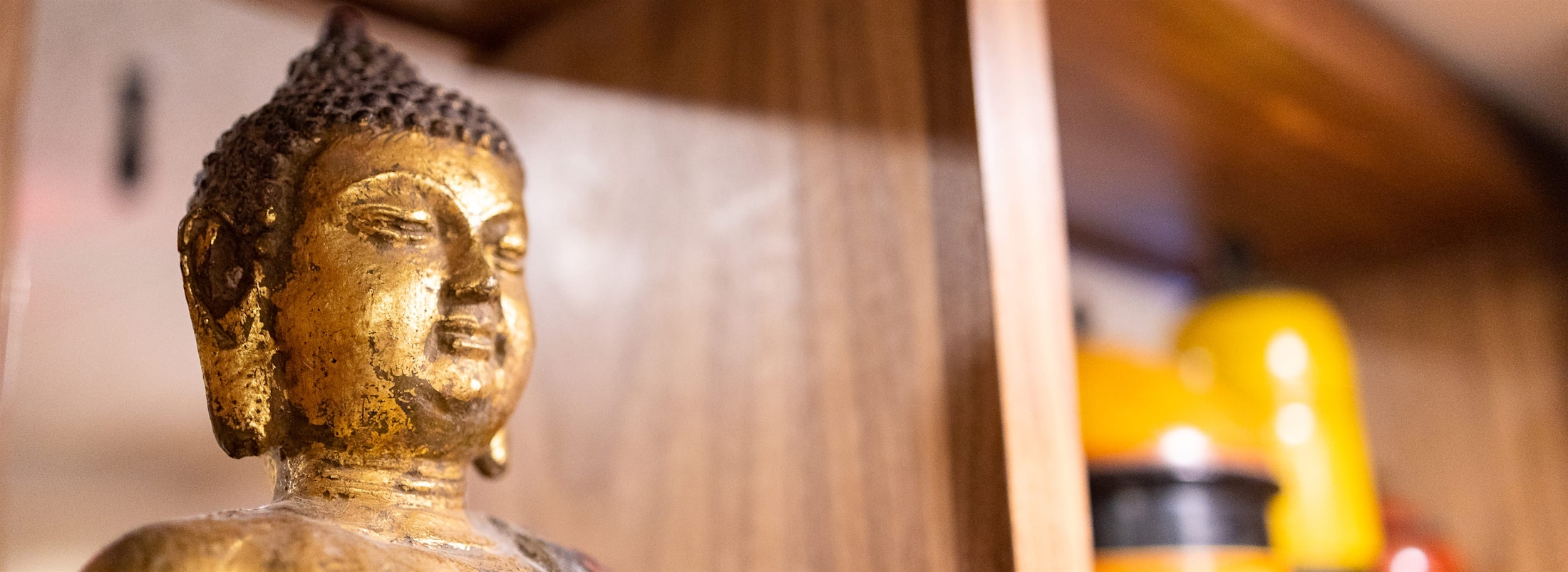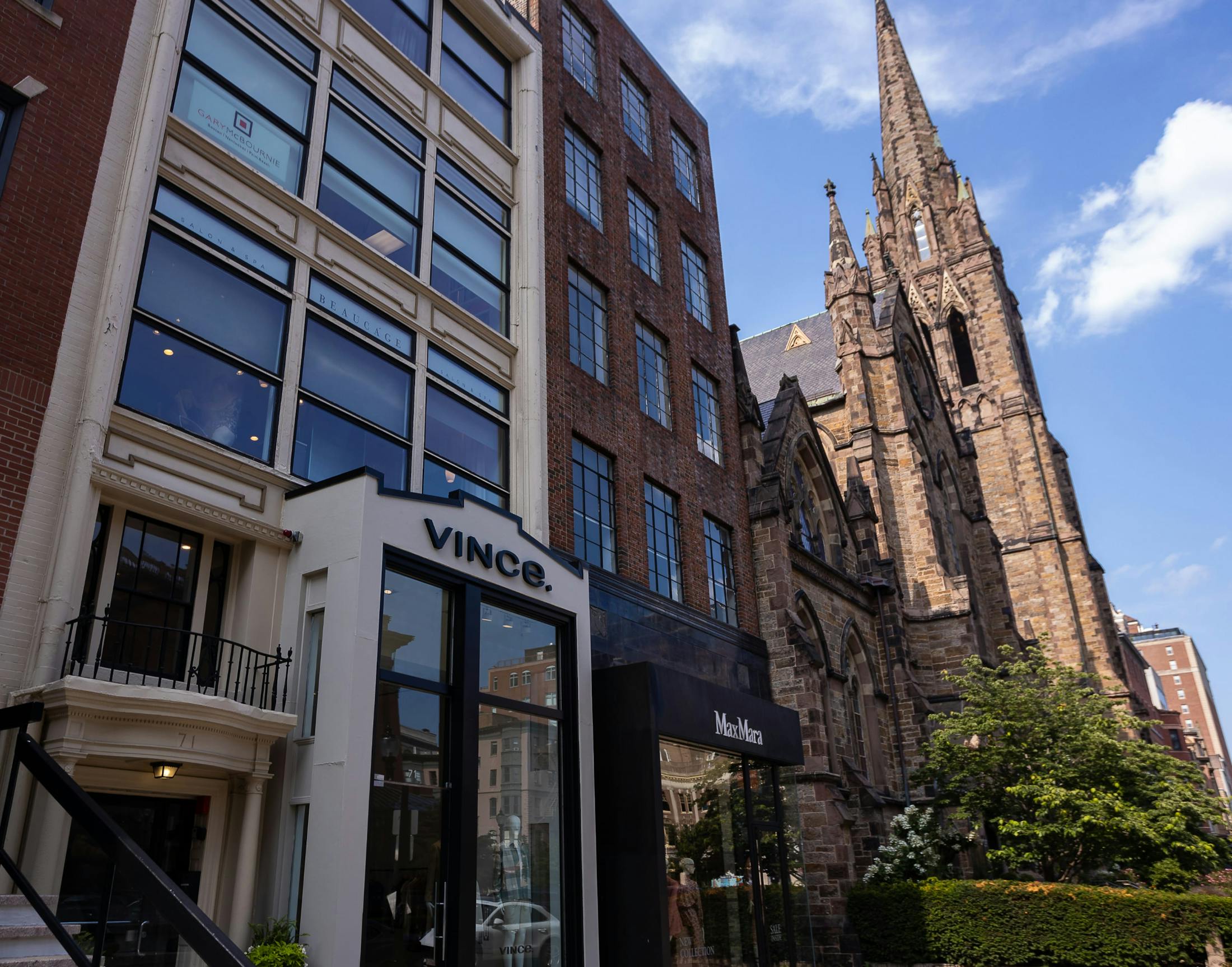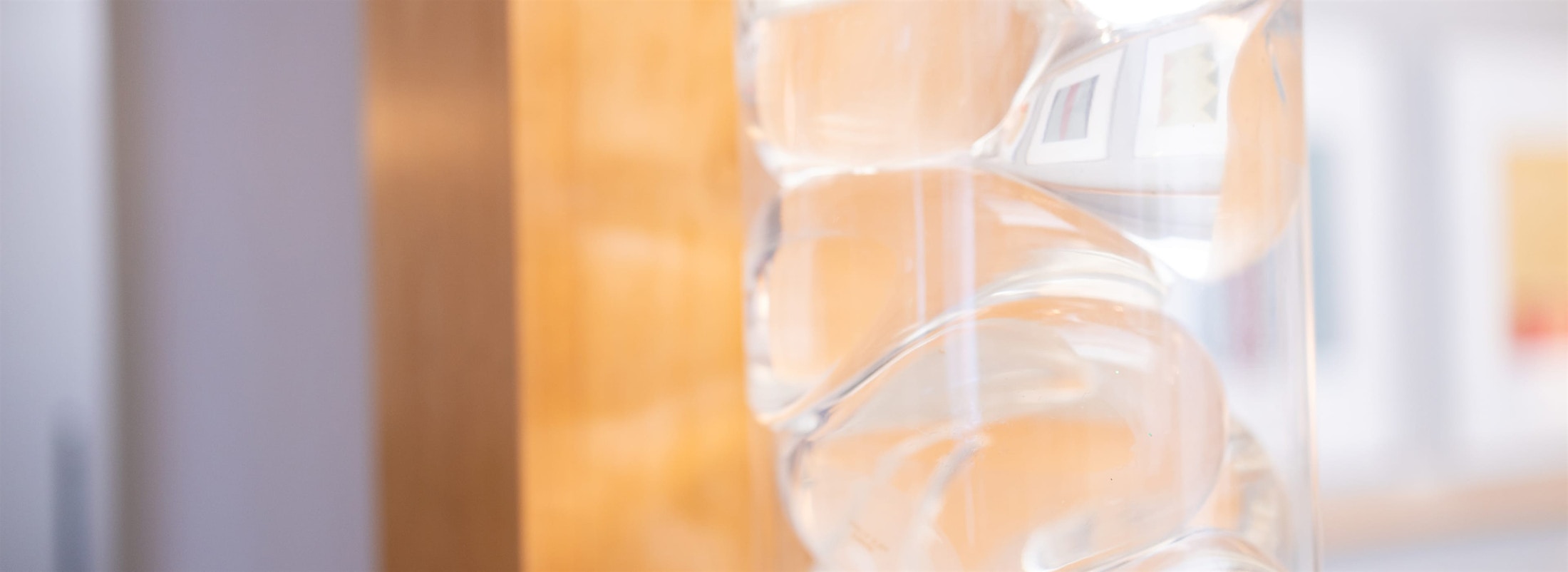Choose Boston Center for Plastic Surgery, where your beauty and wellness are our top priority.
We take a comprehensive approach to beauty and offer a team of board-certified specialists in facial and general plastic surgery, dermatology, and aesthetics.
We perform nearly every surgical and non-surgical procedure available today, ensuring you receive the most appropriate, cutting-edge treatments. Our consultative approach ensures we understand your unique needs and aesthetic goals. We're committed to delivering natural-looking results using the latest, most efficient techniques in a comfortable, revitalizing environment.
Our founder, Dr. Leonard Miller, is a renowned figure in aesthetic medicine, bringing over 25 years of expertise and innovation to the center.
He's the clinical founder of ThermiAesthetics Skin Rejuvenation System and was the first to introduce microneedling to the United States.

